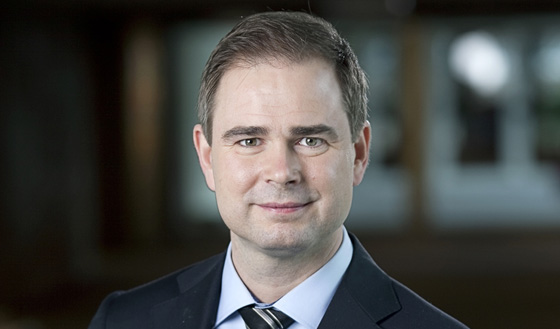 For more than sixty years NATO has stood the test of time and Denmark remains as committed as ever to the Transatlantic Alliance. Yet we can’t just celebrate but must look towards future challenges. In 2014 our military operations in Afghanistan will come to an end.
For more than sixty years NATO has stood the test of time and Denmark remains as committed as ever to the Transatlantic Alliance. Yet we can’t just celebrate but must look towards future challenges. In 2014 our military operations in Afghanistan will come to an end.
This marks a transition. NATO will still be engaged military off the Horn of Africa, in Kosovo, and in the Mediterranean Sea. But NATO will in the foreseeable future not be engaged in a joint large-scale operation.
This will not, and should not, reduce our commitment to the Alliance but it does entail new deliberations on the future trajectory of NATO.
The world has undoubtedly changed in a way we never thought possible at the formation of our alliance. But NATO is as vital to global security, and to Denmark’s security, as it has ever been. While we in Europe live in a safer region than previously, the world has not necessarily become more secure. This understanding has always flowed through successive Danish governments and I would like to stress that Denmark will continue its active role in promoting global peace and security.
To increase the Alliance’s capabilities we must also seek new ways for collaboration on a wide range of issues. One way of doing so is “Smart Defence” where we need to examine the best options for the pooling and sharing of resources. Denmark’s foreign policy activism has always been embedded in allied collaboration and we see great possibilities in multinational solutions that extend beyond military exercises. “Smart Defence” offers that.
Take for instance the question of ammunition, where Danmark currently is leading a developing NATO project. The maintenance and stock-piling of some types of ammunition involve substantial costs. These can be lowered and flexibility increased if allied nations cooperate. Collaboration in areas such as the training of personnel, close coordination of national defenses and specialization are other ways of ensuring full-capability in the future. However, “Smart Defence” is also a challenging way of thinking and questions such as dependency between cooperating defenses and availability of military capacities need to be addressed.
We have come a long way as allied nations and as partners in NATO. We should cherish that but we should not rest on our laurels. While the withdrawal from Afghanistan means that NATO will be shifting gears in the years to come, the need for an Atlantic security complex remains. It is imperative that we start a discussion among allies about how to secure the Alliance moving forward. We need NATO just as much today and in the future as in the past.
(Excerpts from statements by Danish Minister of Defense Nicolai Wammen at Atlantic Council Strategy Session, August 22, 2013)
Image: Denmark's Minister of Defense Nicolai Wammen (photo: Steen Brogaard/Danish Ministry of Defense)
